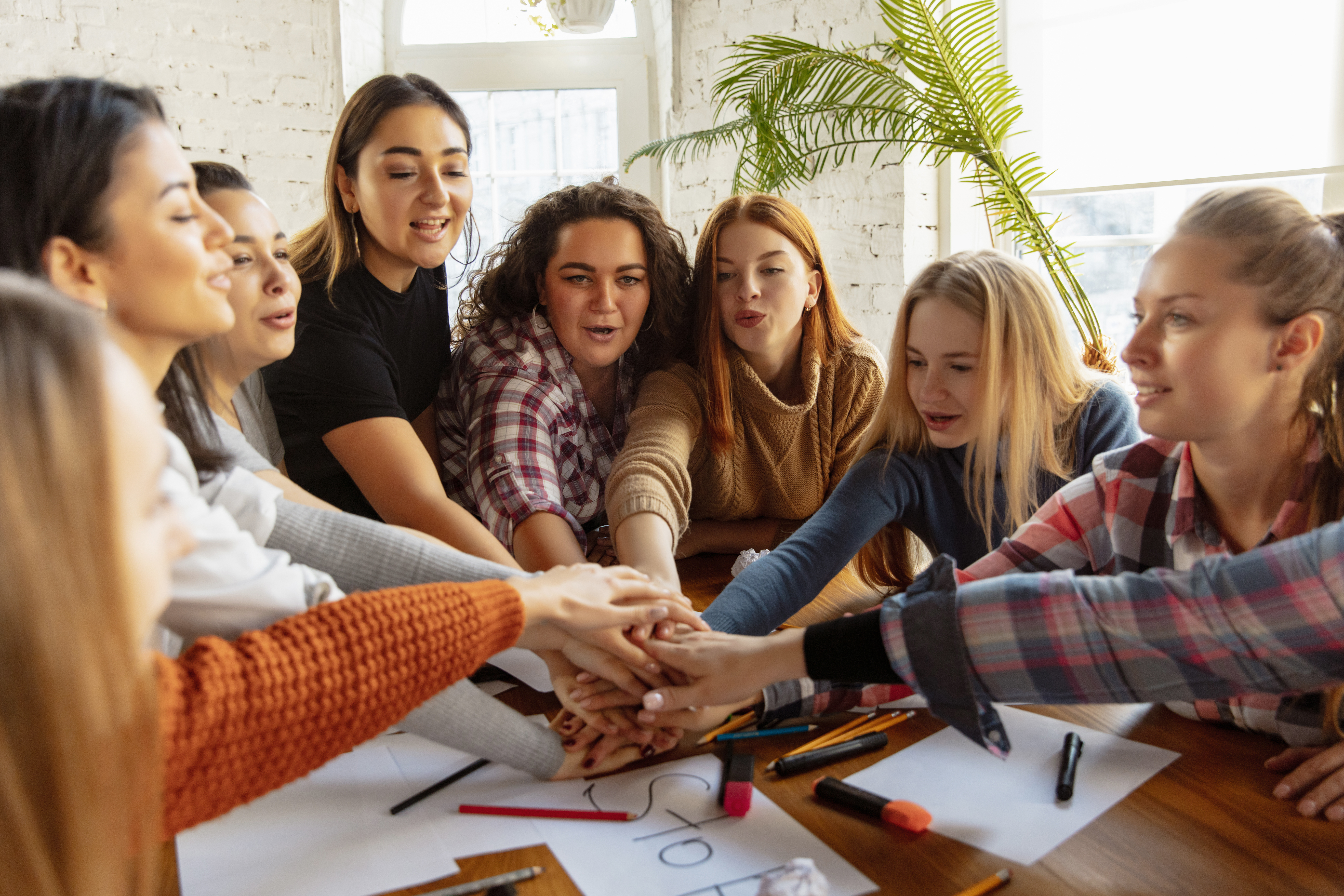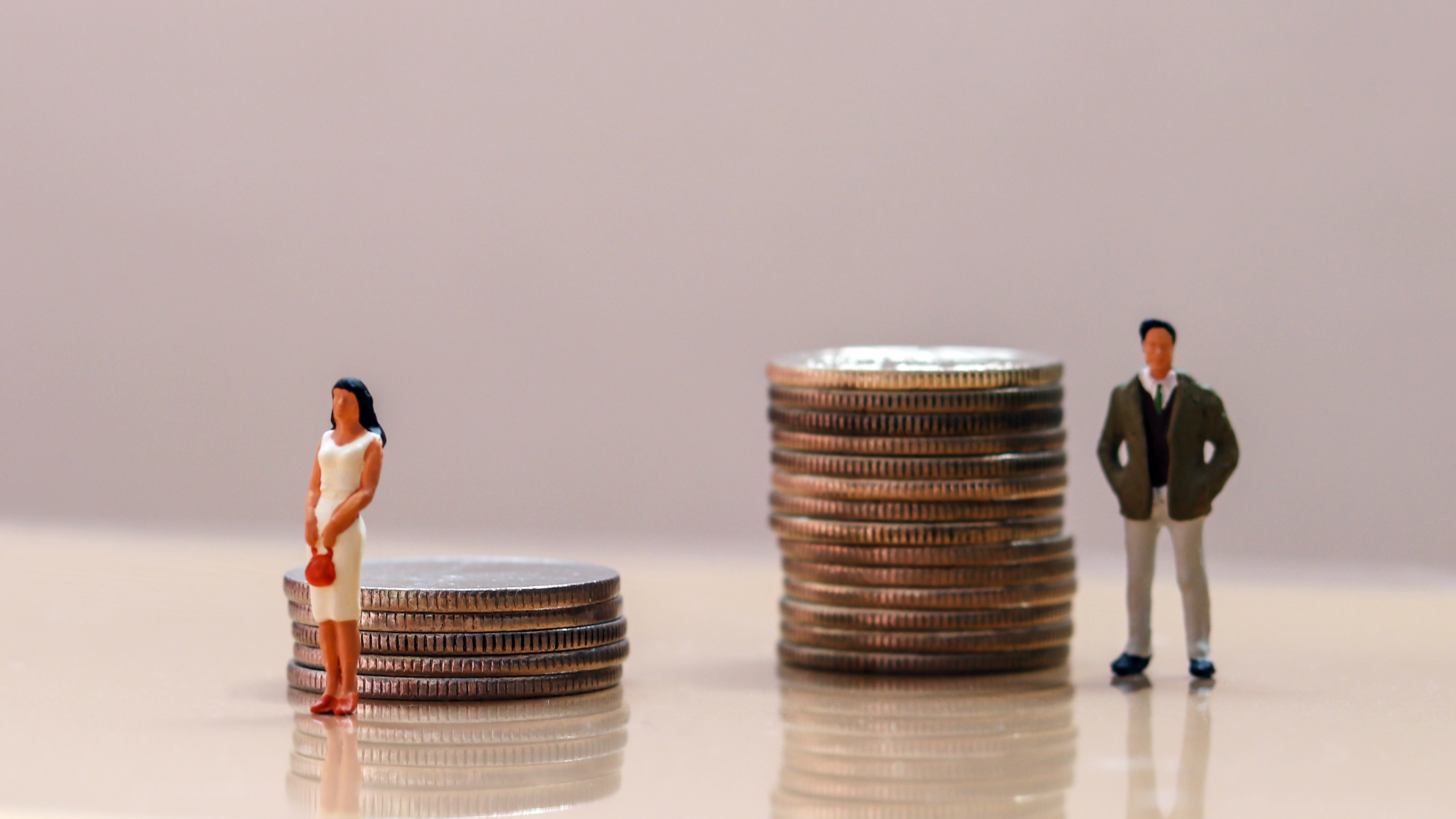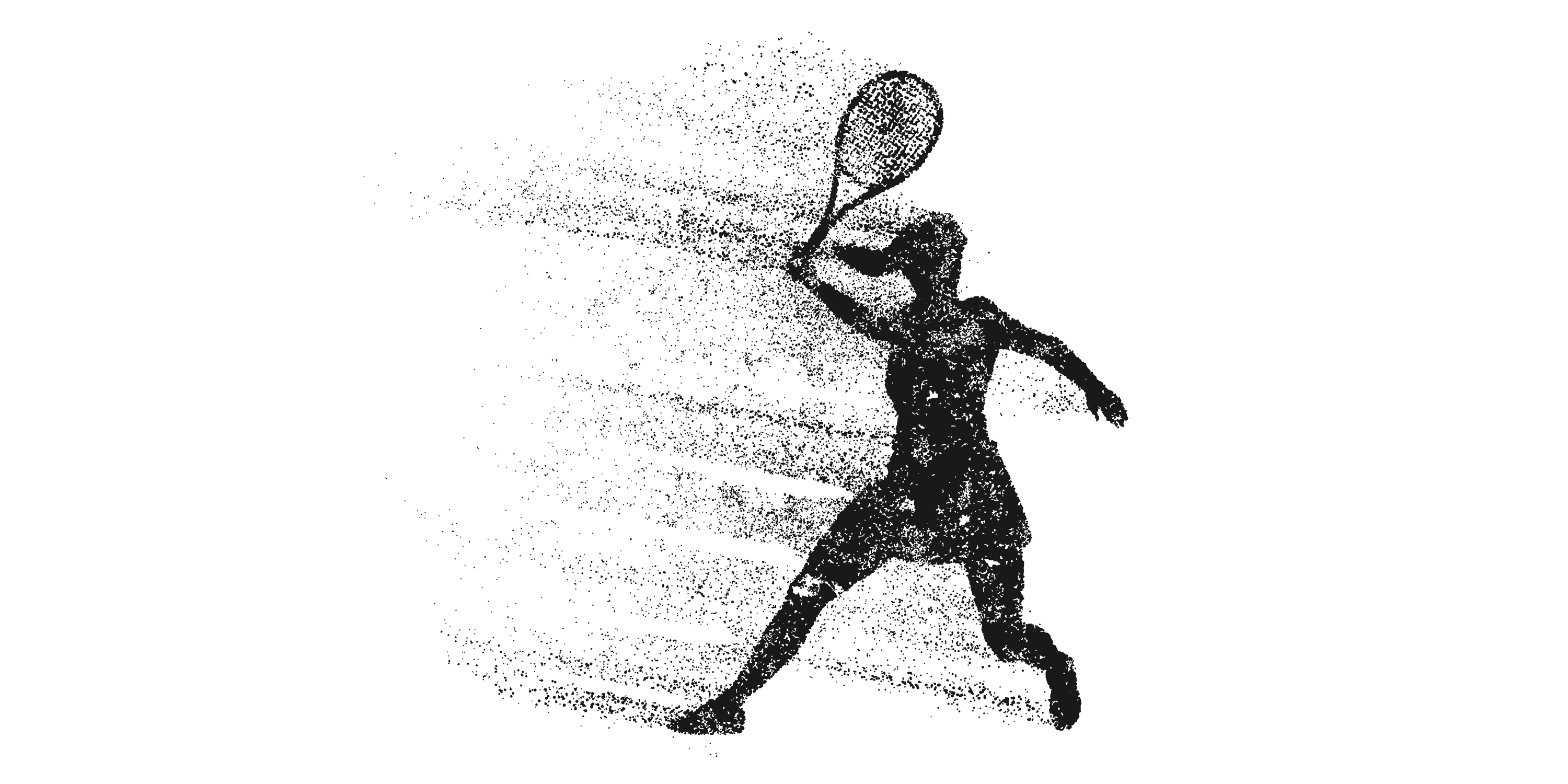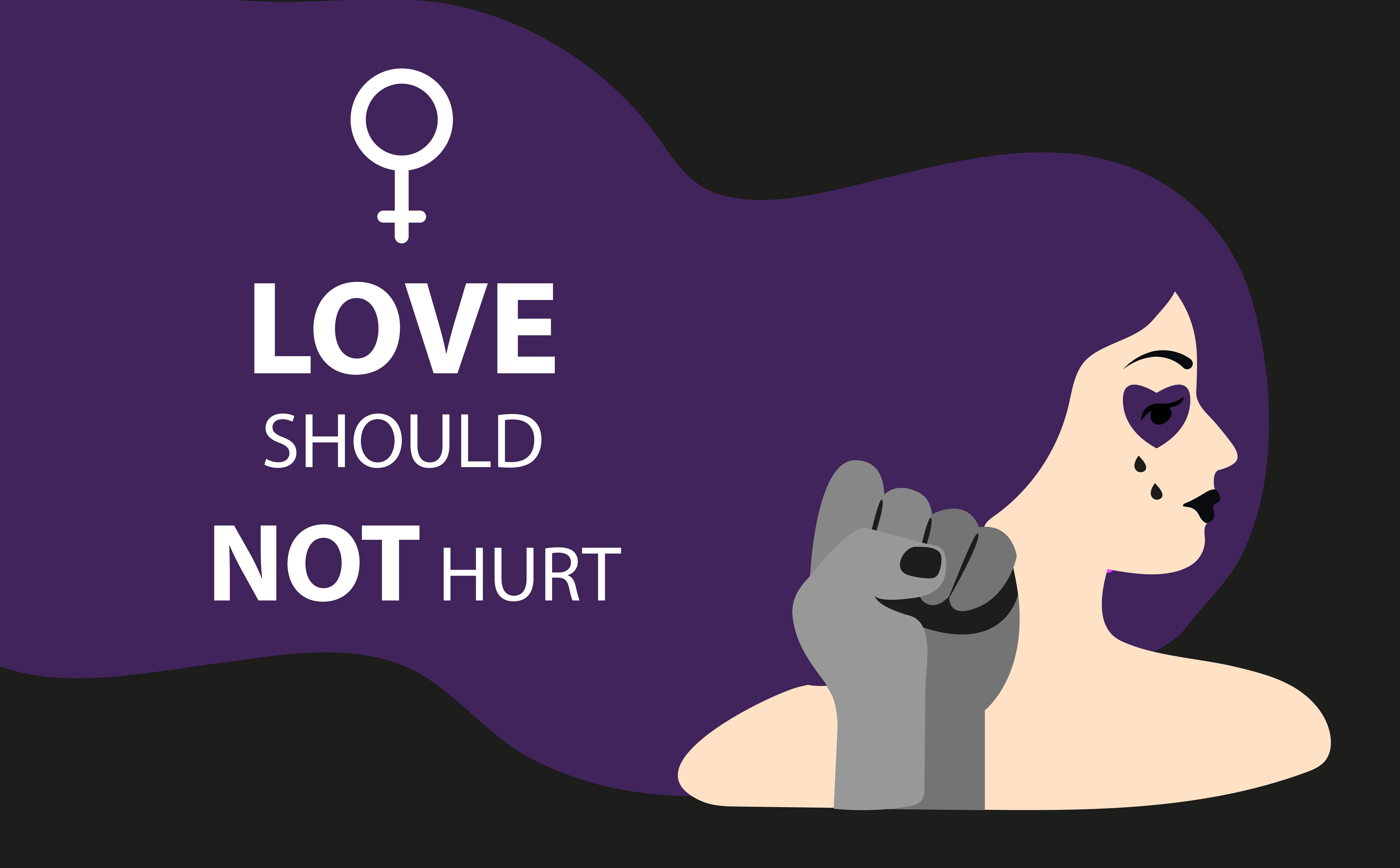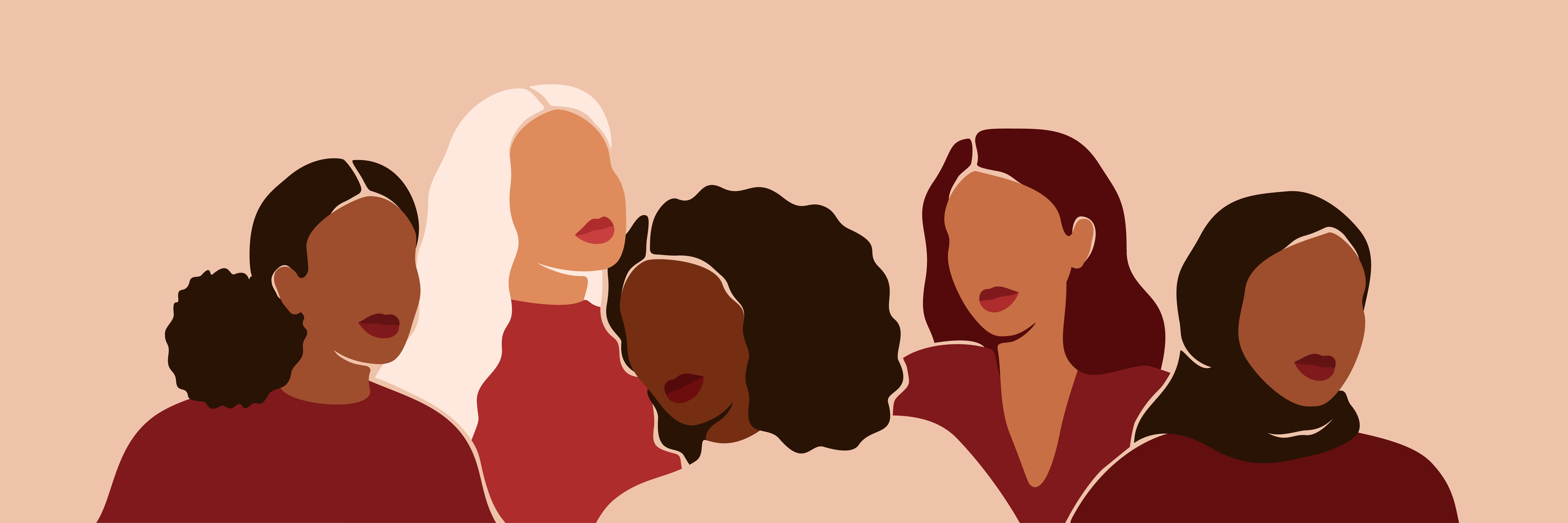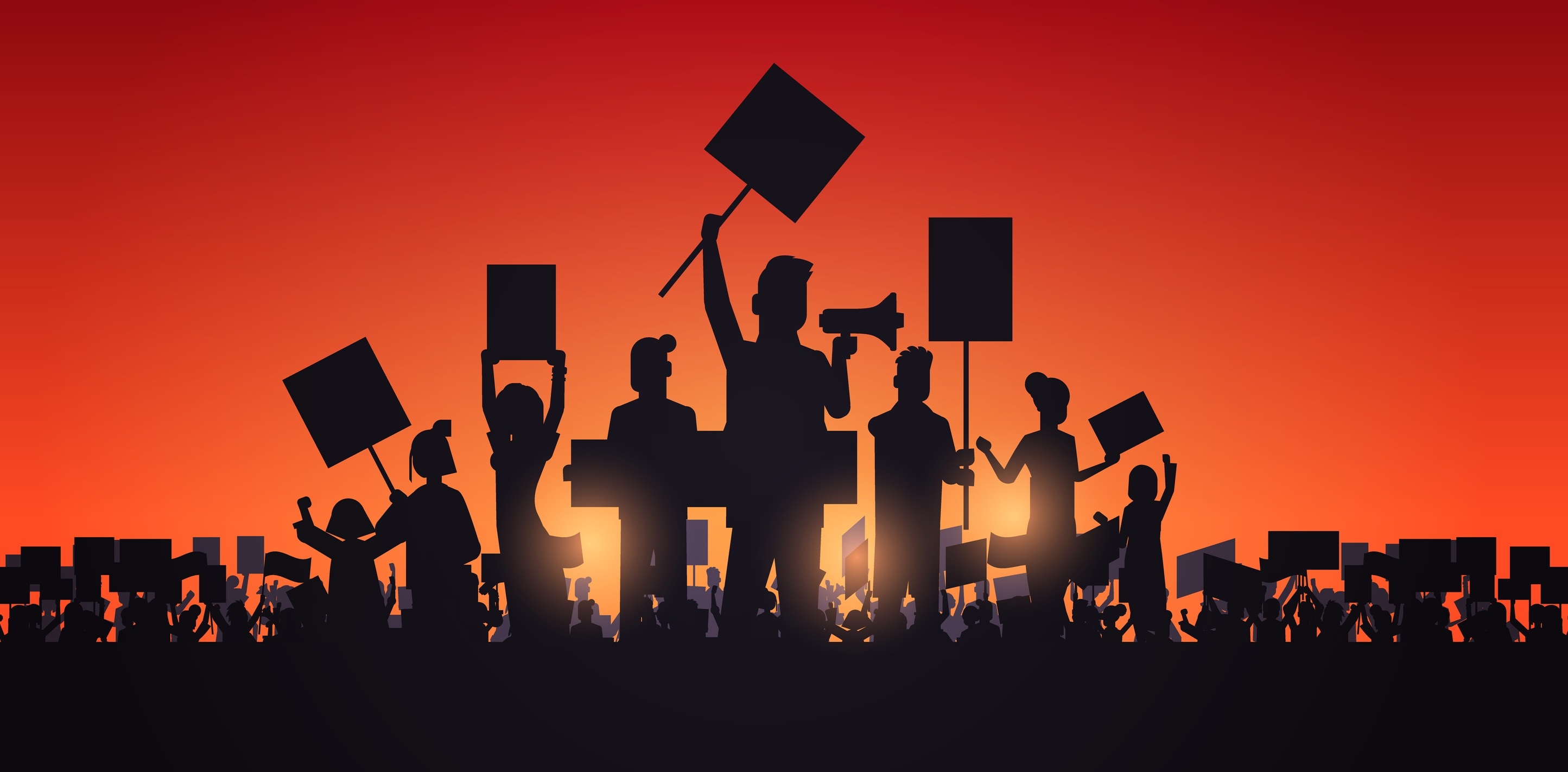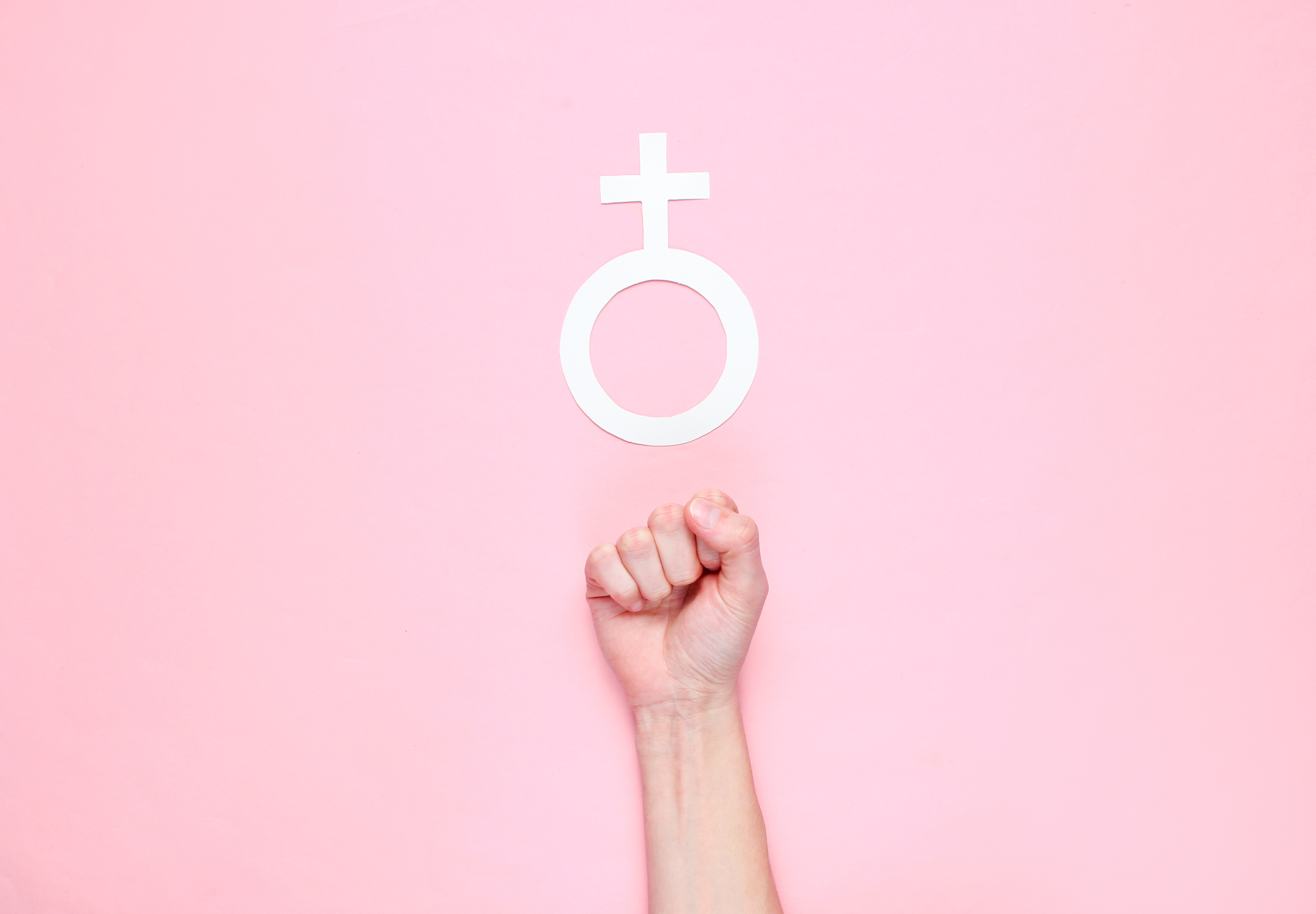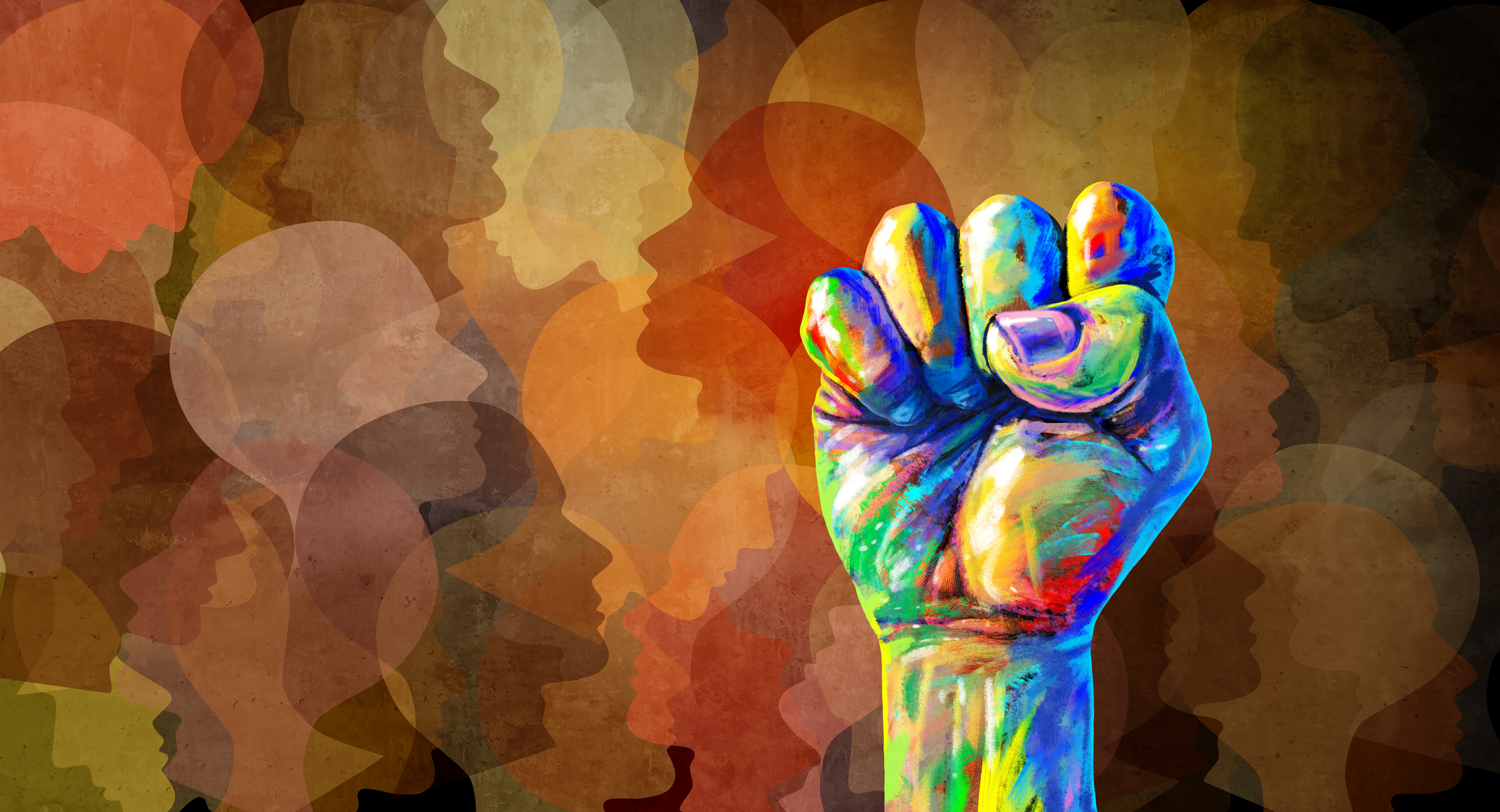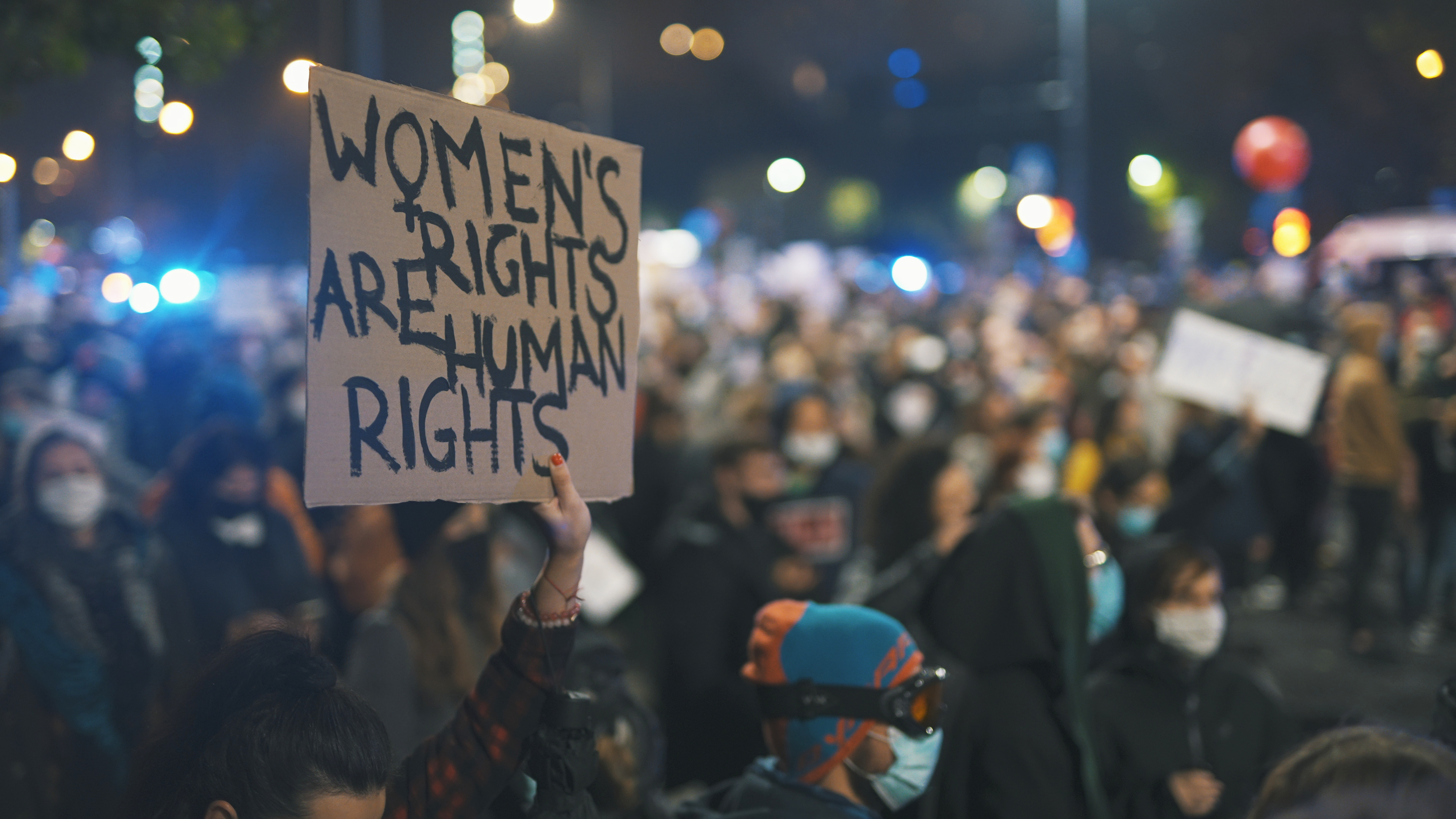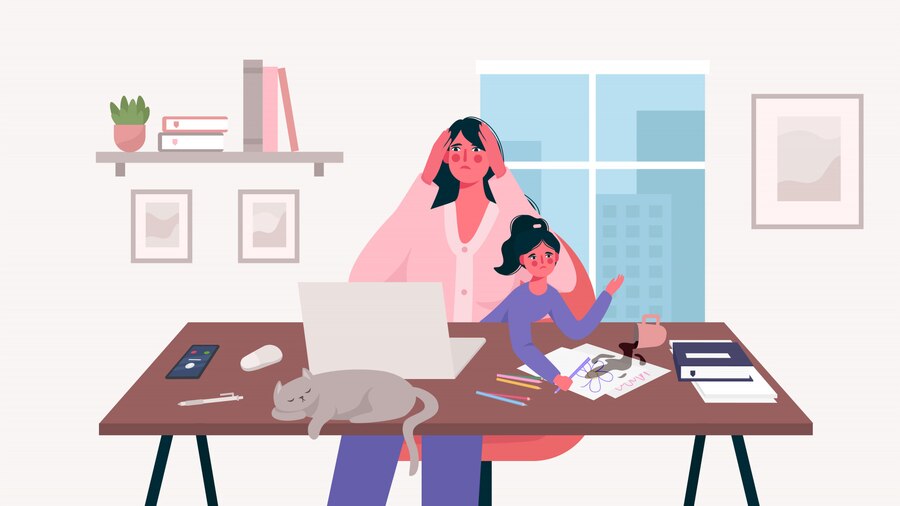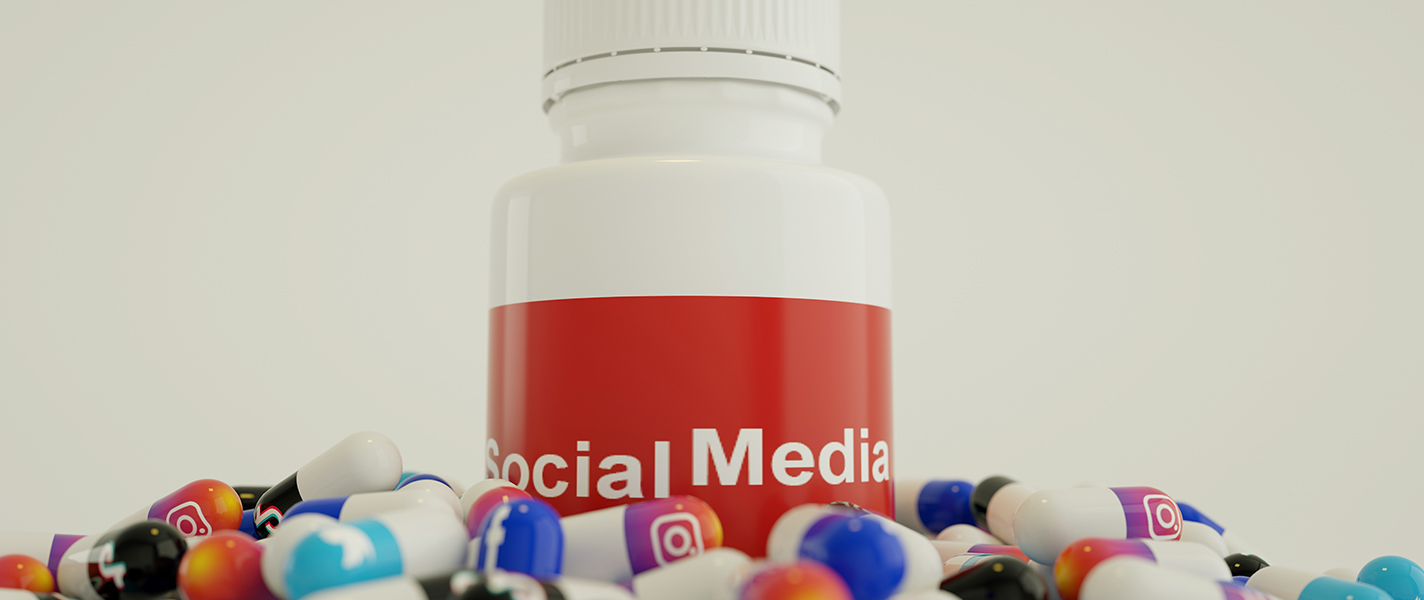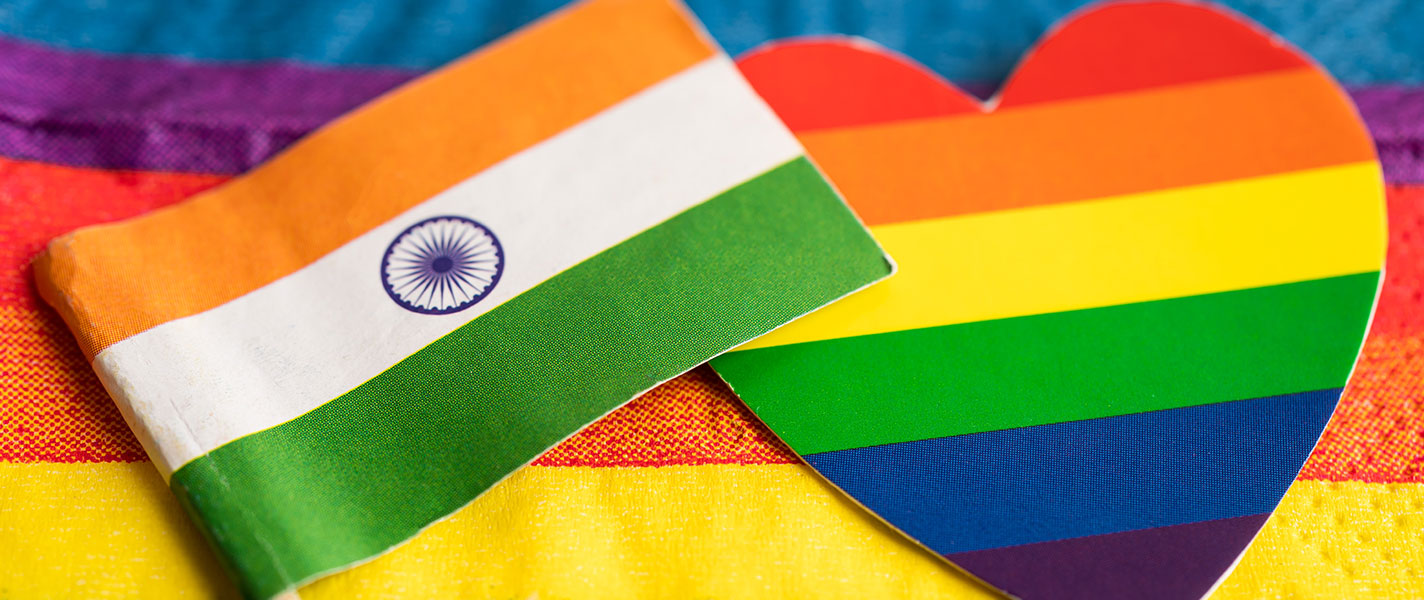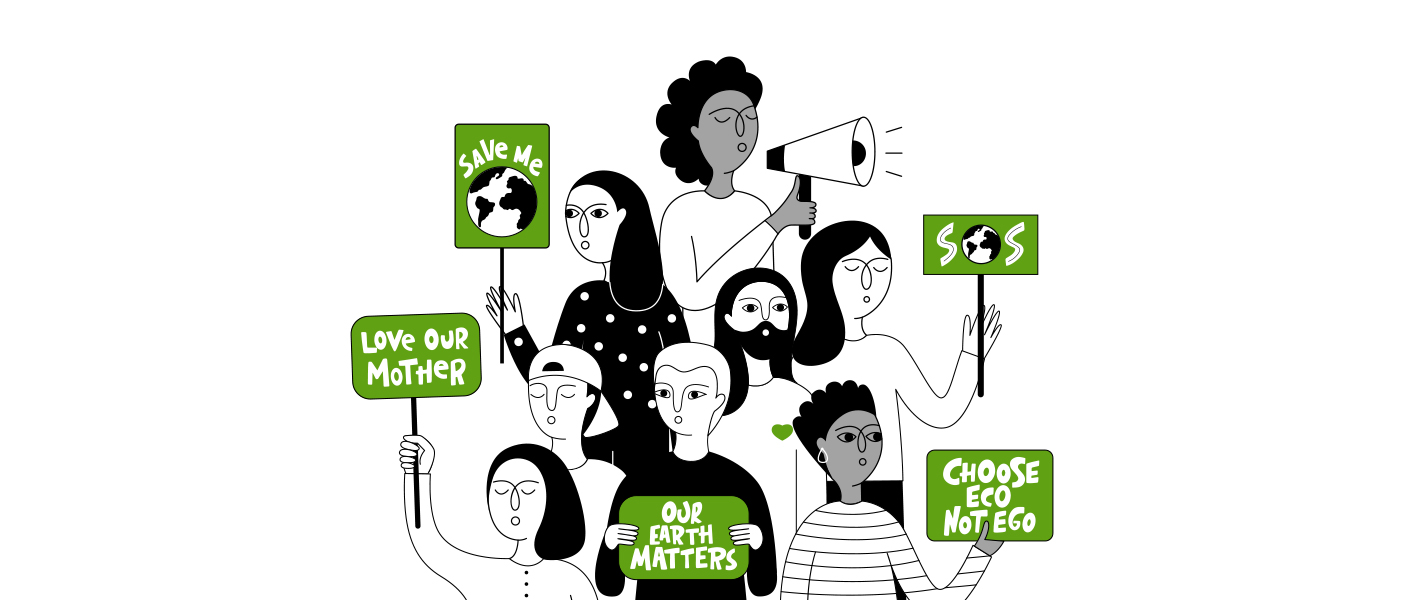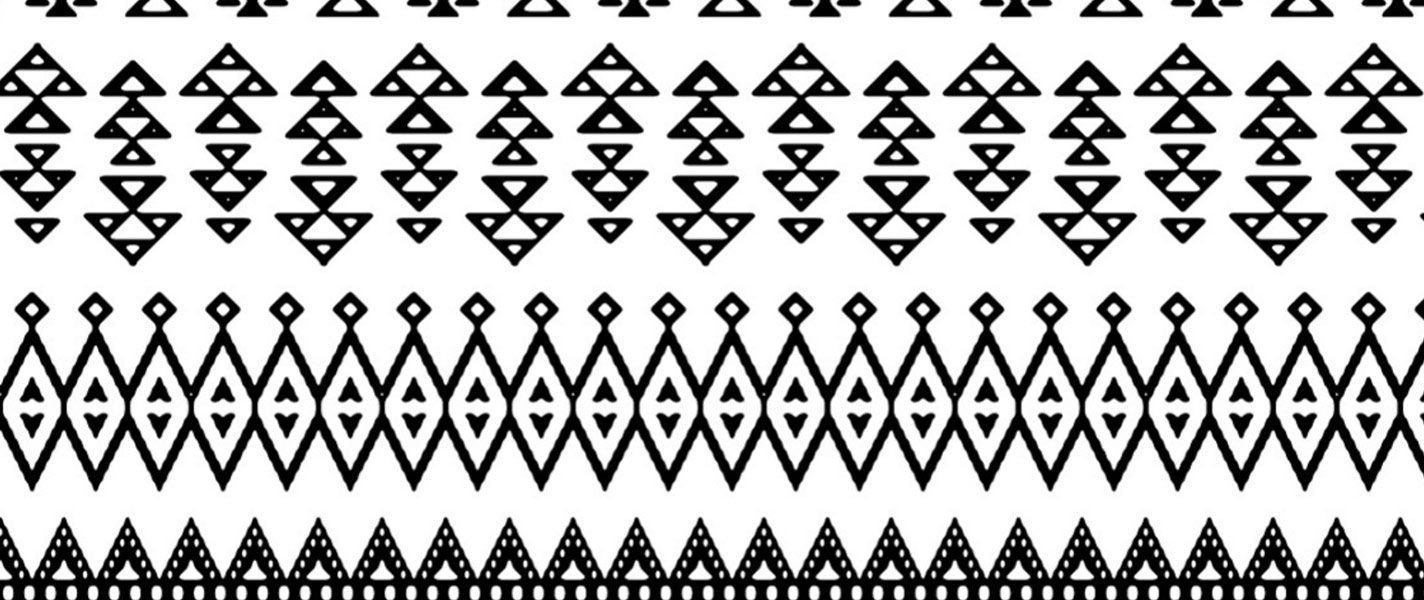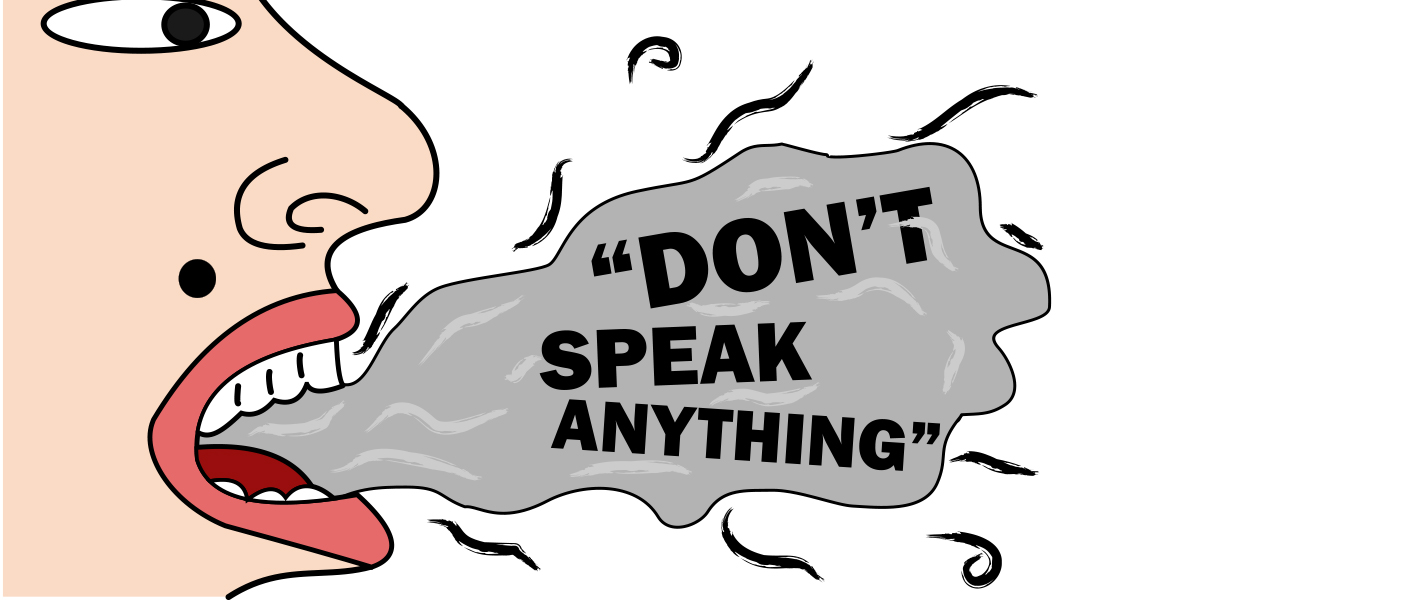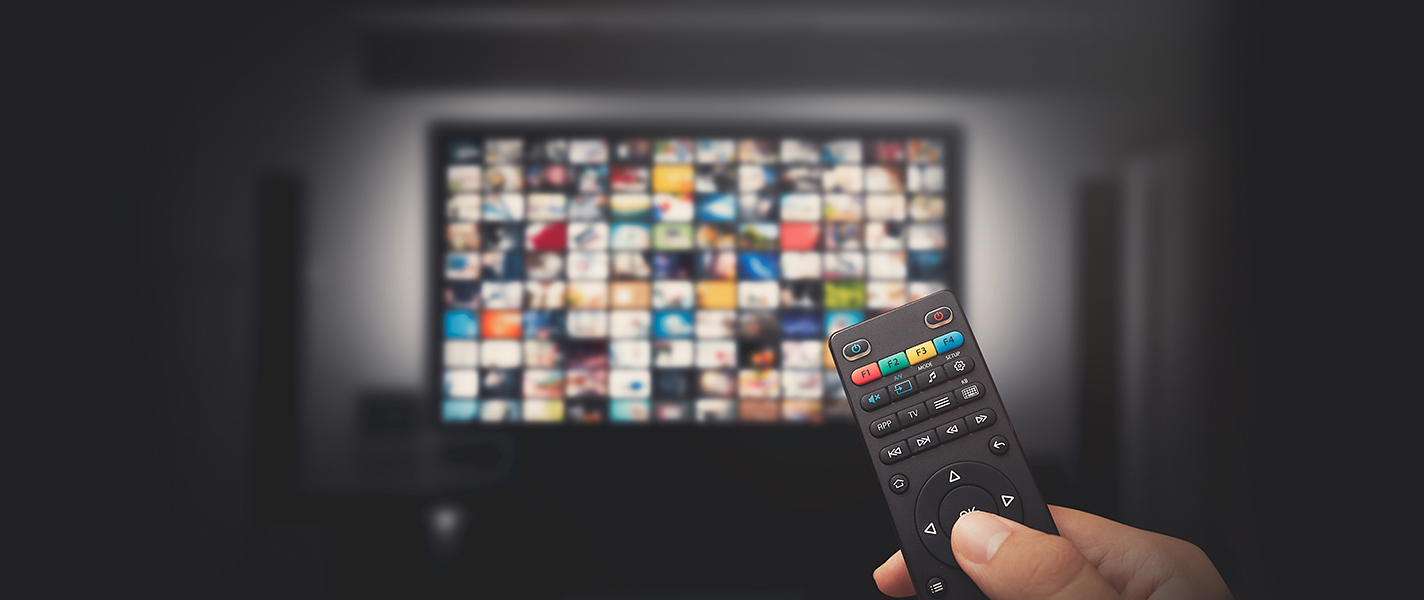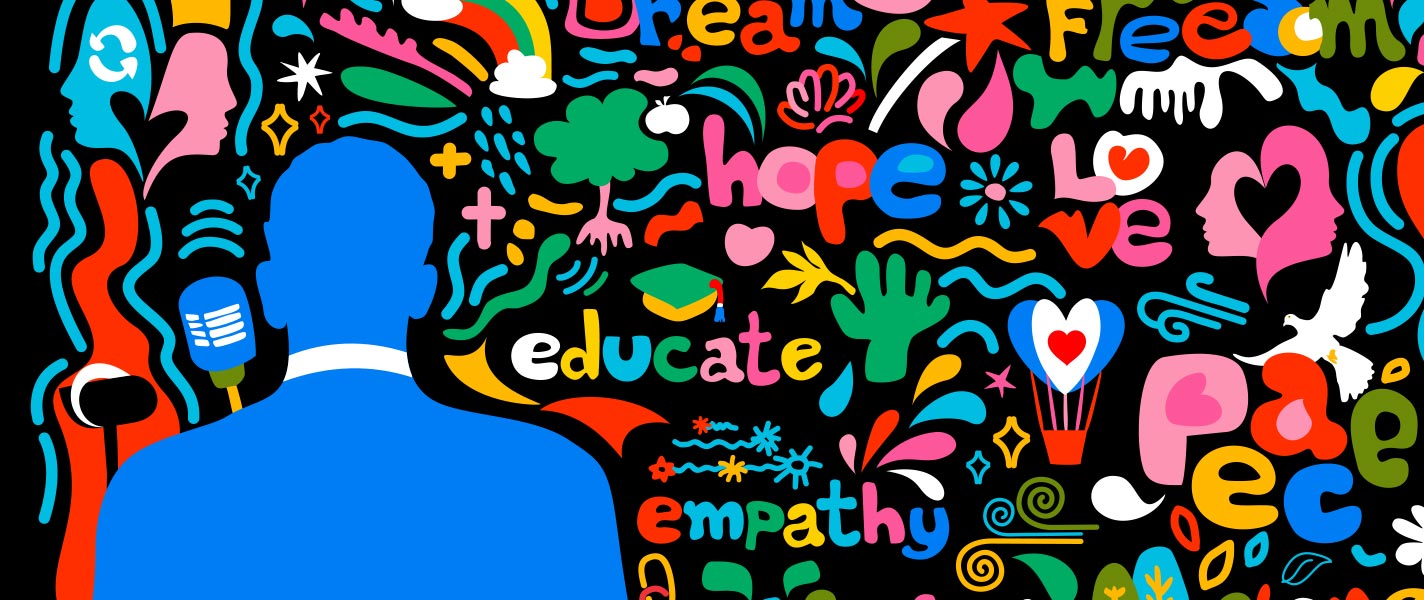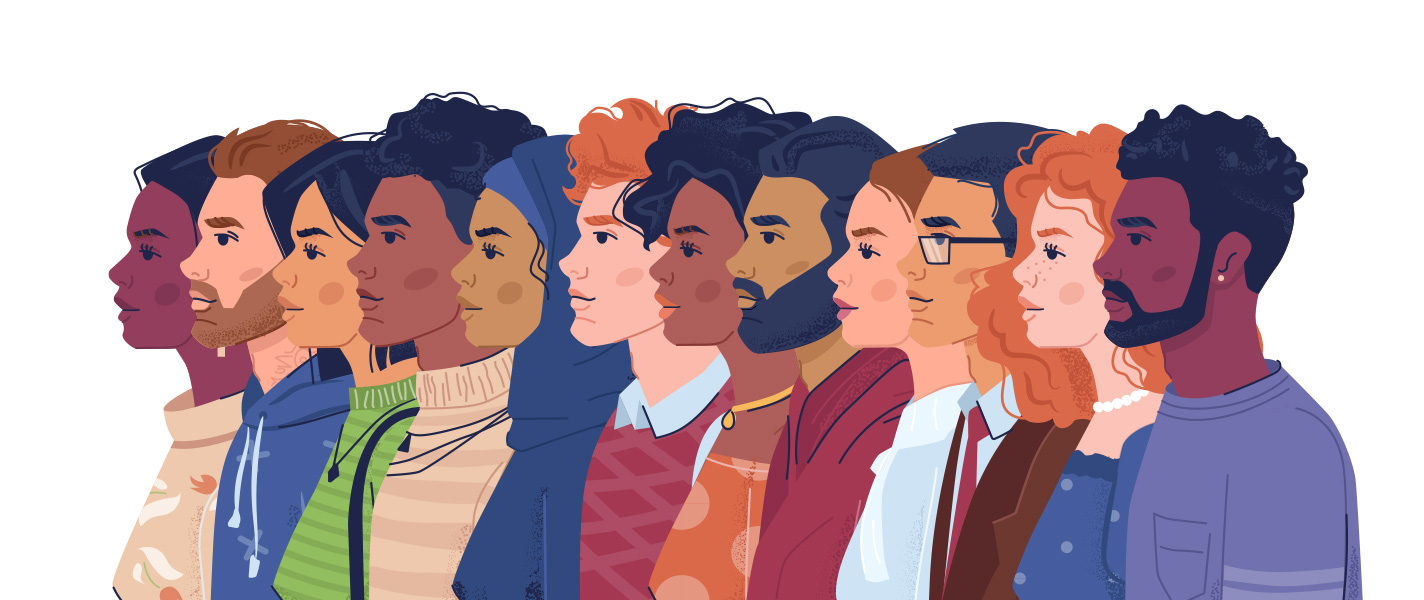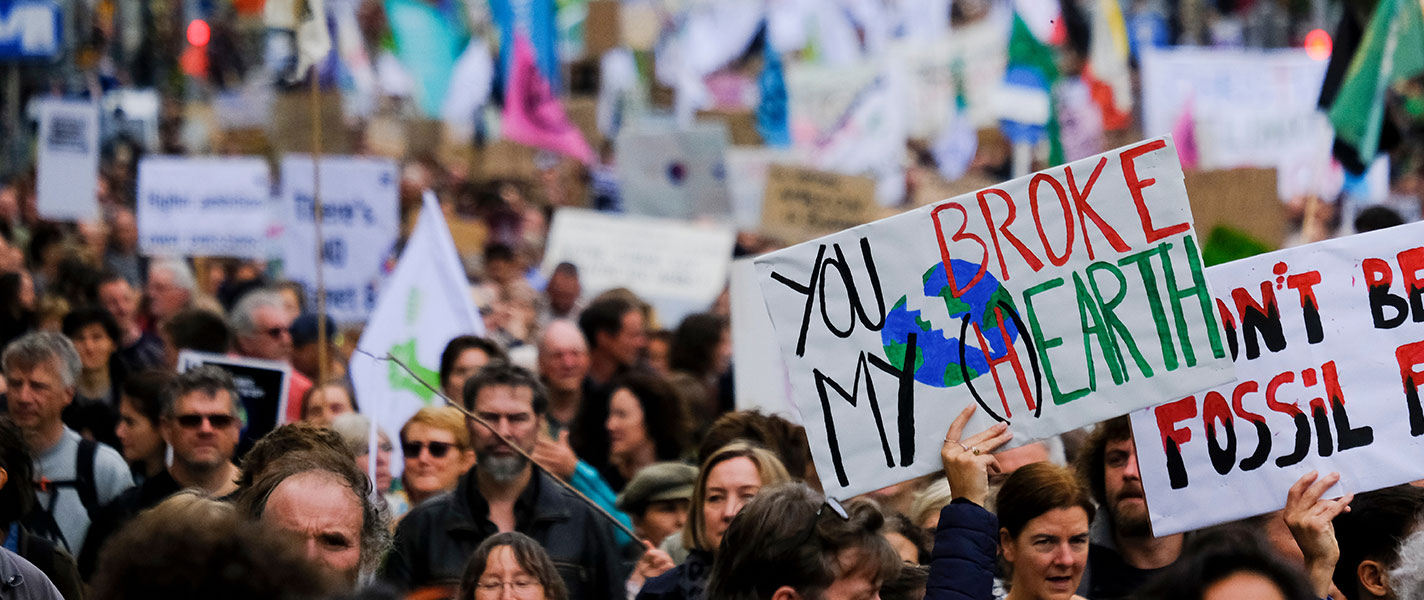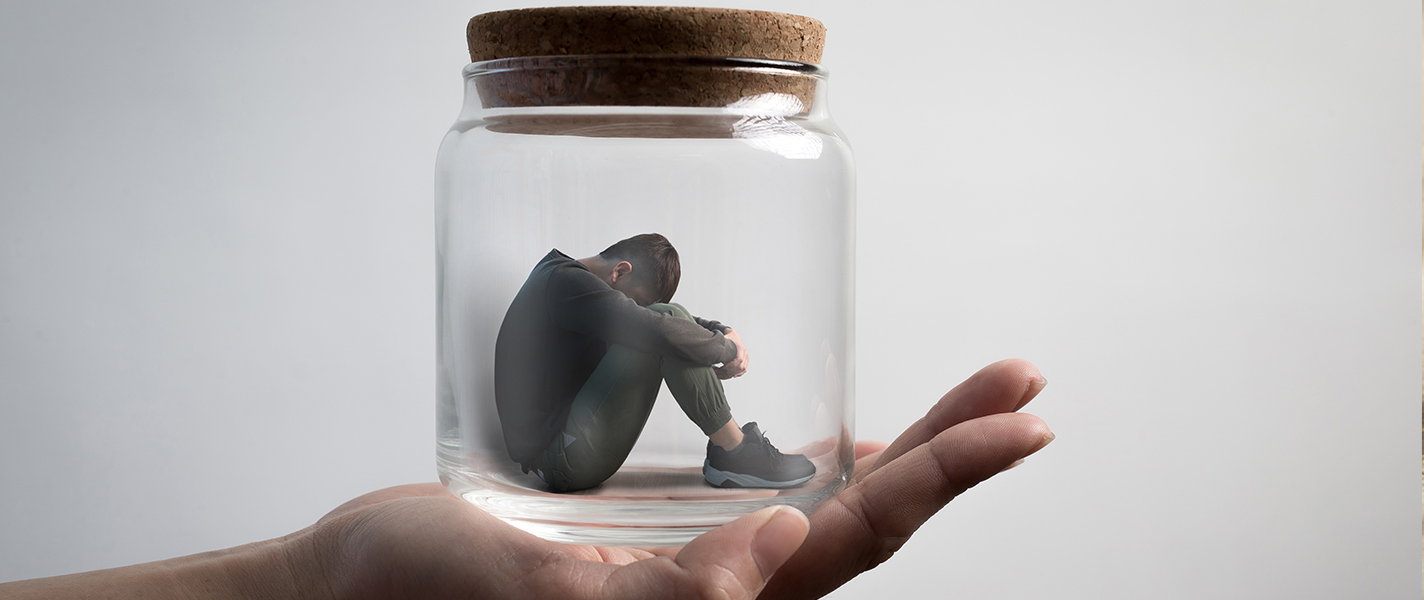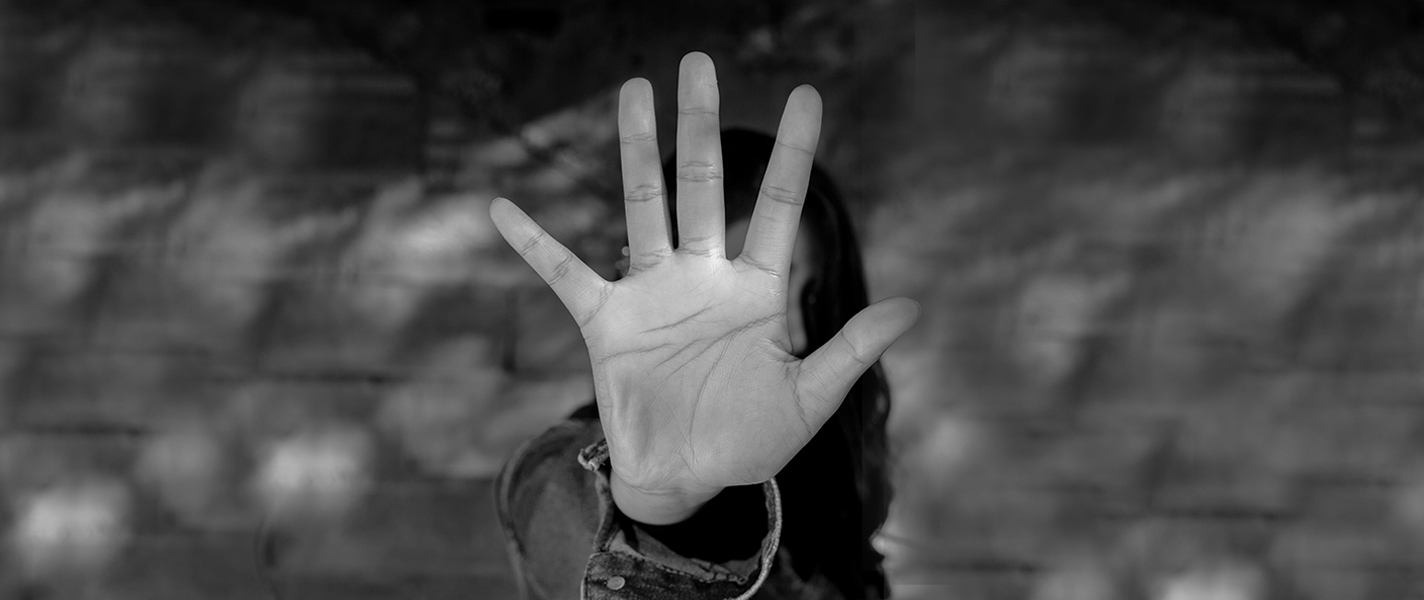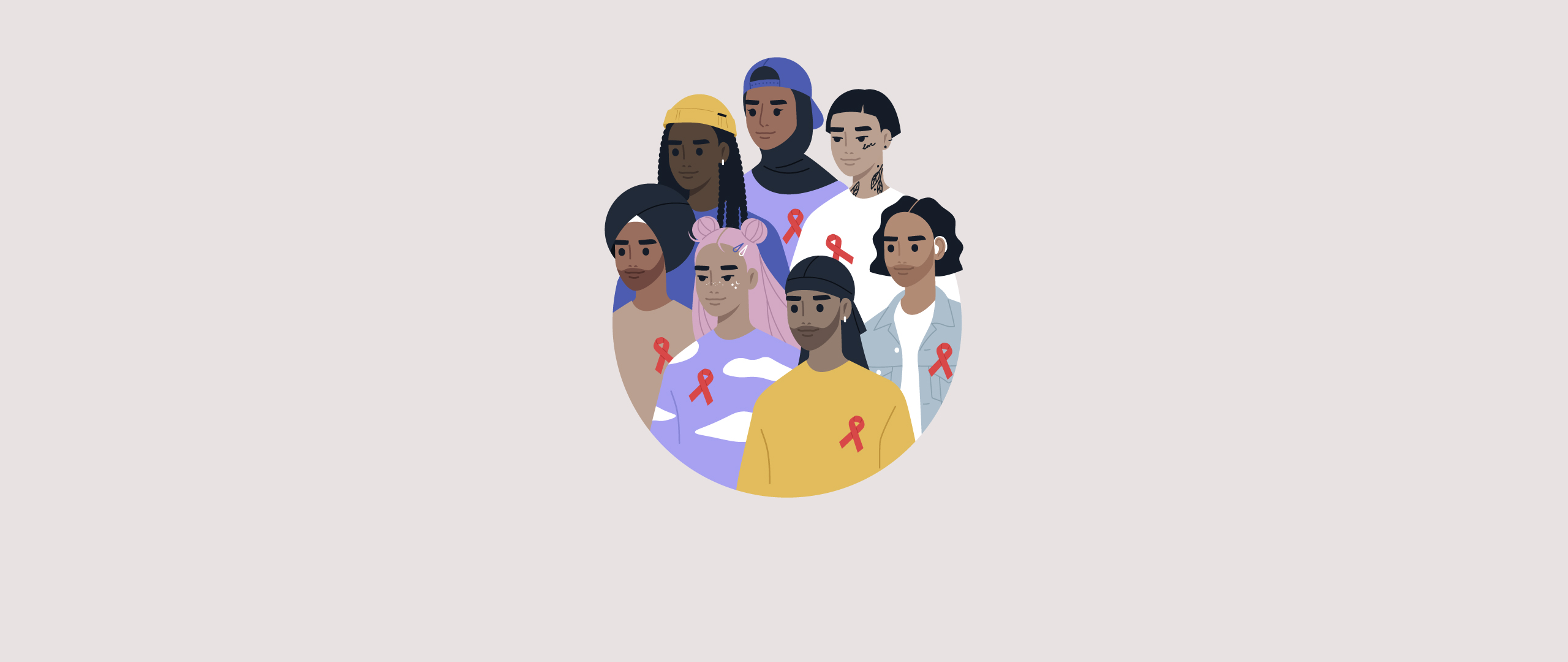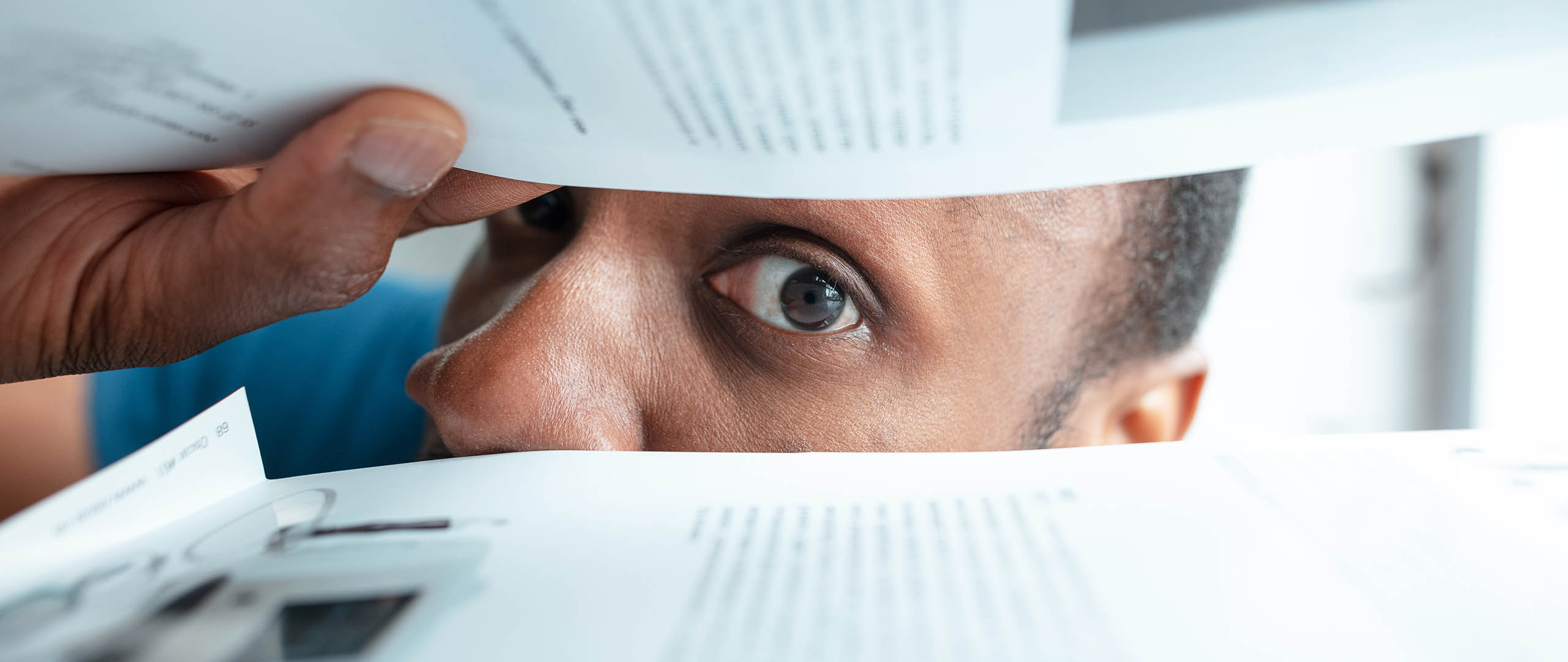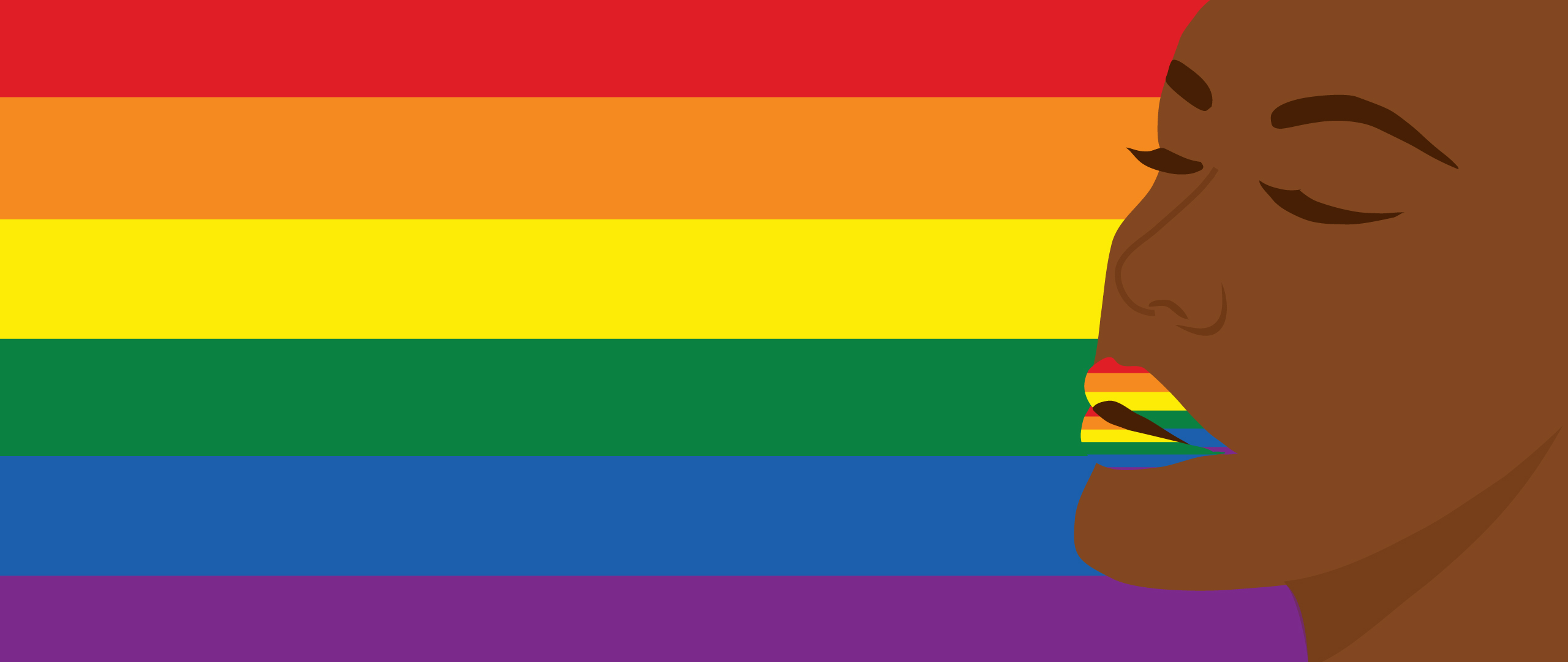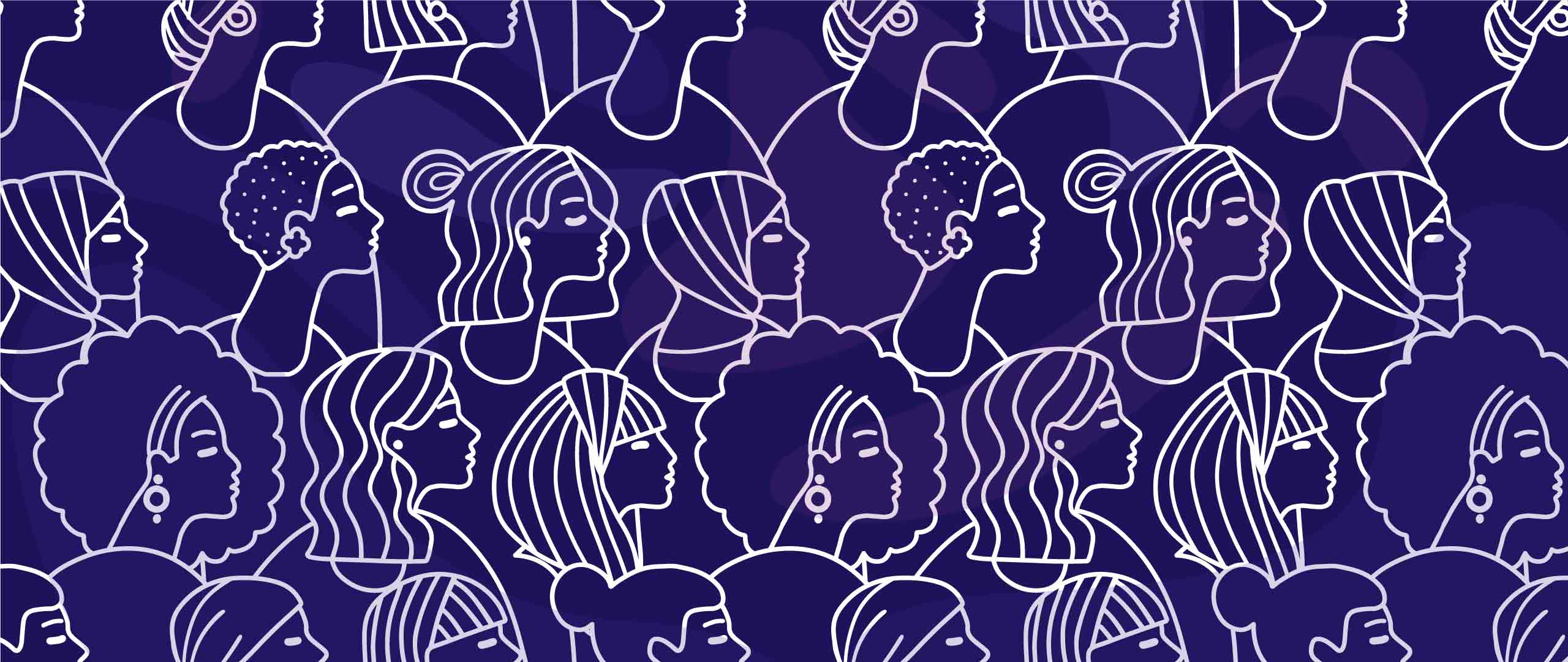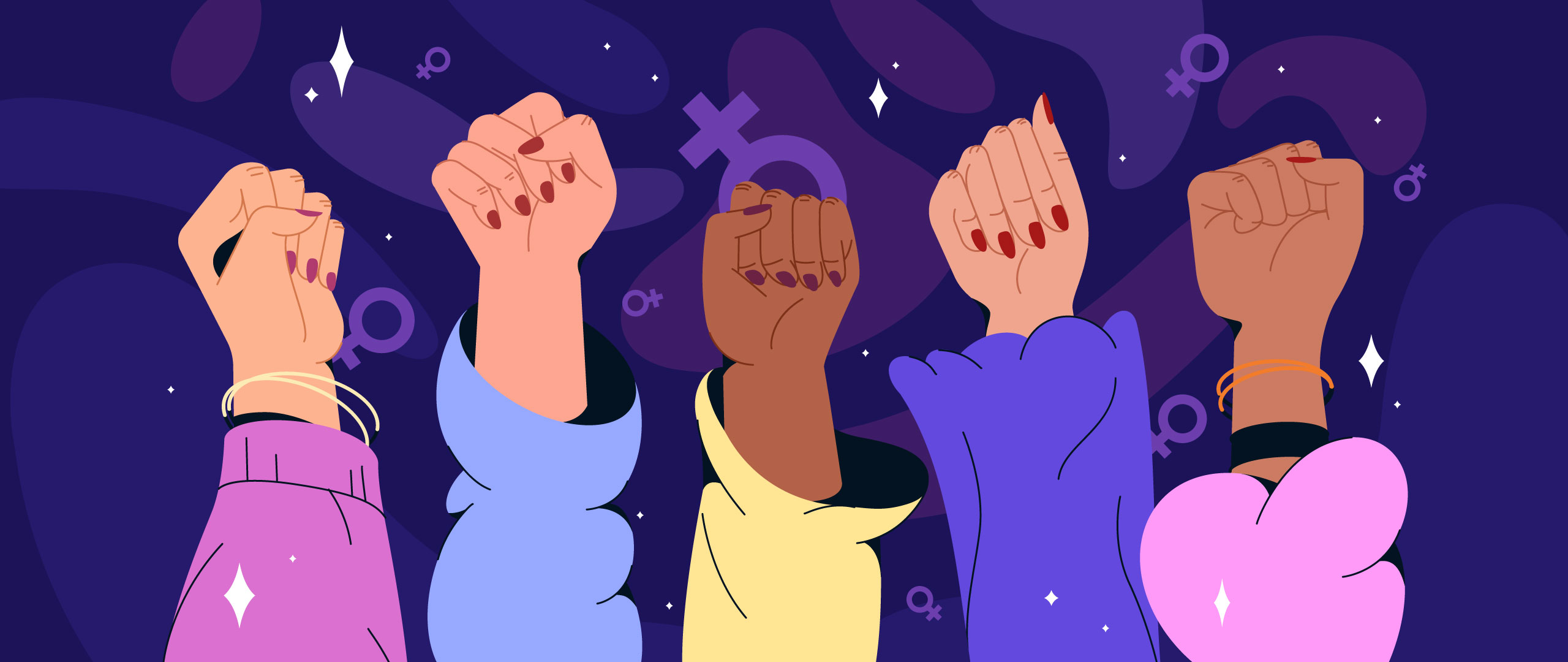Social Media and Feminism: The Good, the Bad and the Ugly
While digital activism is often celebrated as a milestone for the feminist movement, anxiety about new technologies is increasing among communities, driving public opinion in a different direction and playing a major role in influencing women’s body images.
With tremendous technological advancements, social media has become an indispensable part of our modern social life, changing the way people interact with one another. It offers also a solid platform for promoting causes and connecting with supporters, enabling female voices to be heard and represented.
While it is strongly believed that social media has been shaping a non-realistic beauty image for female audiences, one mainly characterized by thinness and sexual appeal; it has played nonetheless a major part in influencing women’s bodily images and redefining beauty standards. In order to further explore this gripping dynamic, for its eighth edition of the WOMENTUM Digital Saloon, LEED Initiative chose to shed light on the portrayal of body image in the digital media society and what it says about feminism.
Social media dimensions transcend to encompass the feminist social movement’s thoughts and beliefs. These new online platforms and media practices of digital and networked media radicalize the landscape of how feminist activists think and fight for gender equality. Indeed, the concept of ‘digital sisterhood’ highlights the complex balance between social media networks, being a central component of female-led activism, and how they should remain complementary as well. Additionally, this emerging concept allows the public to question the different levels of activism. For instance, a common assumption is that in activism, there is a need for digital networking and media technologies in order to compete on the same scales as the opposition, gain recognition and do advertisements.
An Investigation of the Portrayal of Women’s Body Image in the Media through Feminist Lenses
Even though the media’s portrayal of women focuses largely on spreading awareness about body positivity and advancing feminist efforts in advocating for gender equality; however, it falls in the trap of redefining and remodeling beauty standards. Being centered around visuals and aesthetics, body image in the media is often portrayed in a way that generates poor self-esteem and perceptions of young girls and women about how someone must look like. At the other end of the spectrum, feminist activists vehemently work to dismantle these unrealistic standards set by media outlets. Their approach is to value women’s body image in its authentic state as they truly believe that the integration of unhealthy methods to fit certain beauty standards tends to objectify women. Thus, they espouse body positivity approaches, working to challenge unrealistic perceptions and social requirements so as to ensure that women feel good in their own skin.
Furthermore, public display of the ideal female body standards on the social image can be a trigger for some women as they tend to blindly follow extreme trends and aesthetic procedures, putting their physical and mental health at risk. As a matter of fact, Instagram, the most popular platform for both millennials and Gen Z, is a great example to showcase the role social media outlets play in reinforcing certain norms and setting new standards for women and girls to “fit in” and not be an outcast. As the most popular platform for both millennials and Gen Z, statistics revealed that 60 million pictures are being shared per day on Instagram.
Social media usage is proven to have a negative impact on young women’s self-image, leading to self-objectification. Put differently, both women and girls are acculturated to internalize a third person’s perception of their bodies, resulting in body monitoring and putting a big emphasis on how they look rather than how they feel. Other implications of self-objectification include physiological and experimental consequences; namely, increased feelings of anxiety and shame and reduced mindfulness, and risks for disordered eating.
In conclusion, with these socially constructed norms and beauty standards meticulously formed under the umbrella of social media and the rise of influencers; the conventional ideology of what is agreed upon as beautiful is still deeply clamped in social media, resulting in the absence of "female consciousness".





